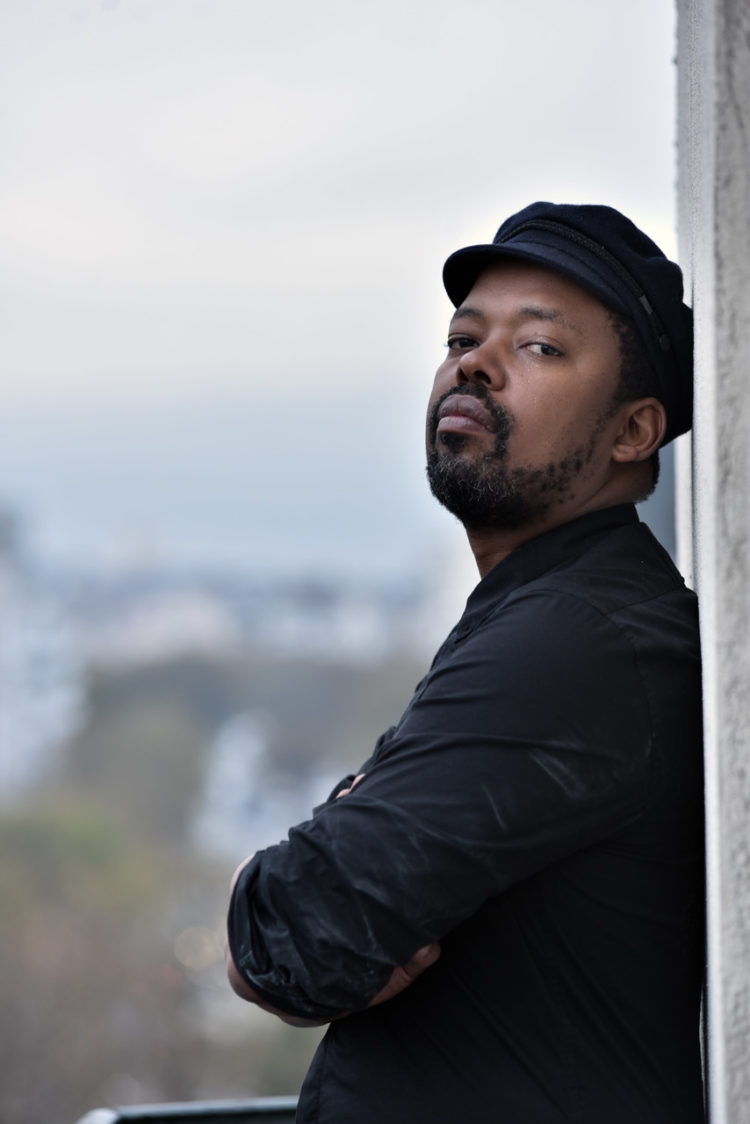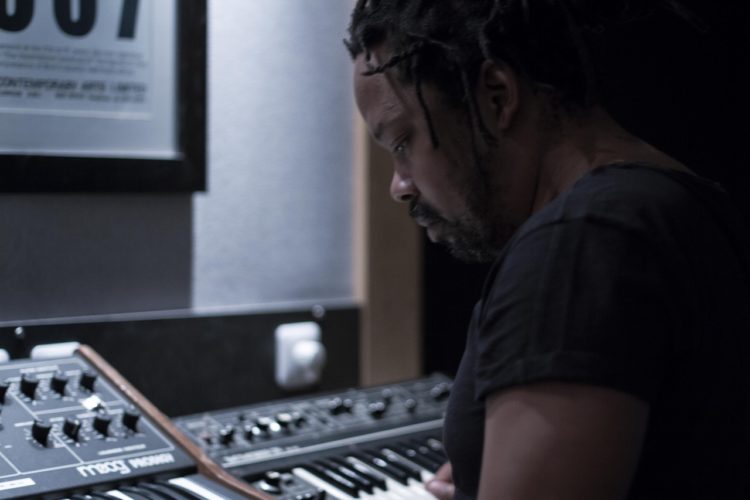It was just a few days before President Macron announced the lockdown here in France that I found myself asking what Ubuntu might look like in the age of social distancing. What might society look like post COVID-19? I remember arriving in Hyères, in the South of France, for research on an art project I’m working on with an artist friend at the Villa Noailles.
There was a scene on the bus when this petite elderly white lady came on. She paid her fare and passed by my friend without saying a word. Upon seeing me, she said “excuse me,” while keeping a social distance. Then she proceeded to sit down next to another lady, who denounced her actions towards me as mad (racist). I looked around. Indeed… I was the only black man in the bus.
That episode took me back to a conversation I had with the Congolese artist Sammy Baloji, when we discussed colonial Third World architecture and he mentioned that the construction of the city of Lubumbashi is pretty similar to that of South African townships. Apparently, the native African neighborhoods’ proximity to the white neighborhoods in the city was decided upon based on the distance that a malaria-infected mosquito could not fly beyond, so as to stop the spreading of dangerous diseases from Africans to Europeans.
There was a theory in the early 1900s during South Africa’s bubonic plague called the “sanitation syndrome,” which was used as a trigger to justify apartheid. Essentially, it was a way of describing a trend in segregationist thought in my country. And that brought me to a heavily cited article I recently read, in the MIT Technology Review, suggesting that, before a COVID-19 vaccine is found, we may have to start showing our “immunity passports,” allowing us to “leave our homes, go back to work, and take part in all facets of normal life.”
This chillingly reminds me of apartheid and the memory of seeing my parents having to carry passes in order to move around South Africa. This makes me question how Western governments can use their power to limit the movements of those who currently don’t have the access they should be entitled to. The risk is that, in Western nations, many poor will be left behind, with limited access to jobs or resources.
As for me, I’m OK. For the moment. I’m in a good place, spending time with loved ones. It’s great to slow down and spend quality time doing a lot of research. This is a good moment to rethink everything and prepare my new sound installation, to work on sustainable fashion, collages, paintings, and other projects I’ve prioritized.
This year, a song I worked on with Angélique Kidjo and Phillipe Cohen Solal which was supposed to come out a month ago, will eventually be released. I’m sleeping more than I have ever slept in my life, jogging, eating super healthy. I care about people no matter the race, and I have always seen my sound as building bridges of understanding between cultures.
The South African French artist Ernest Mancoba once said, “I shall dance in a different society.” That was the title of the exhibition devoted to his work at the Centre Pompidou in Paris last year. I participated in that exhibition, and it made me question how dance can change this society. And other societies. How can I bring more hope through art? As the Zulu author and sangoma (traditional healer) Credo Mutwa once said, “For us to understand the future, we must look into the past.” I’m questioning myself. What can Ubuntu be in the era of social distancing?
On Friday I will re-release my catalogue, including “Rebirth of Ubuntu,” on Bandcamp. I have a new track, which is part of the Cosmo Club Corona Compilation: https://dafairjuan.bandcamp.com
Artist, composer and producer Mo Laudi proposes new perspectives in the field of sound installations. Informed by his South African roots, he is renowned for his key contributions to Afro-Electronic music from a London base during the first decade of the millennium and, since then, from Paris. Mo Laudi experiments with sound as material. He creates sonic landscapes, mixing vocals, textures and rhythms with his core knowledge and experience of video, fashion, dance, design and music. Initially influenced by the art of Gerard Sekoto, Ernest Mancoba, Pablo Picasso and Jean-Michel Basquiat, as well as by the omnipresence of music and dance at home and in the streets of Polokwane, Mo Laudi stays tuned to South Africa and Africa in general, while absorbing countless different approaches and encounters to form his own language.


